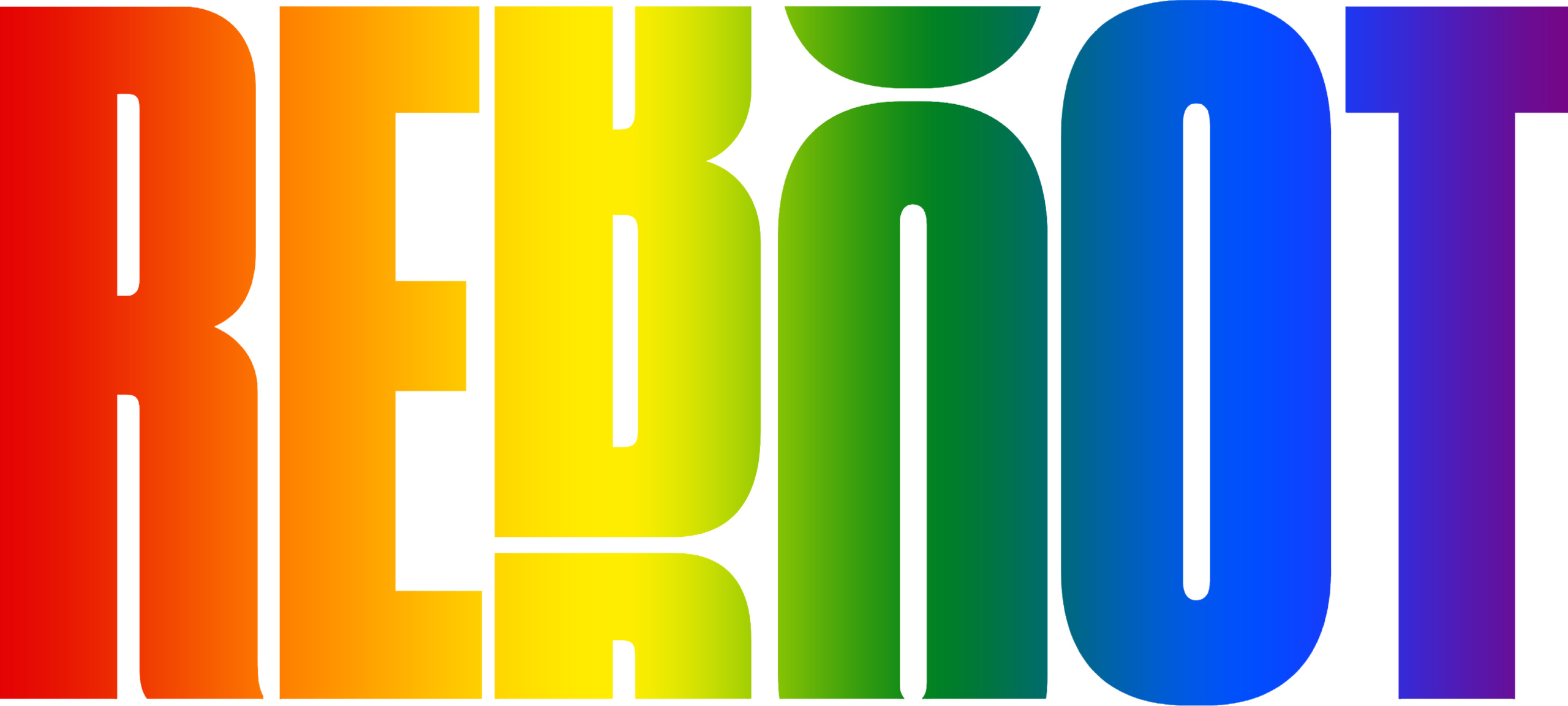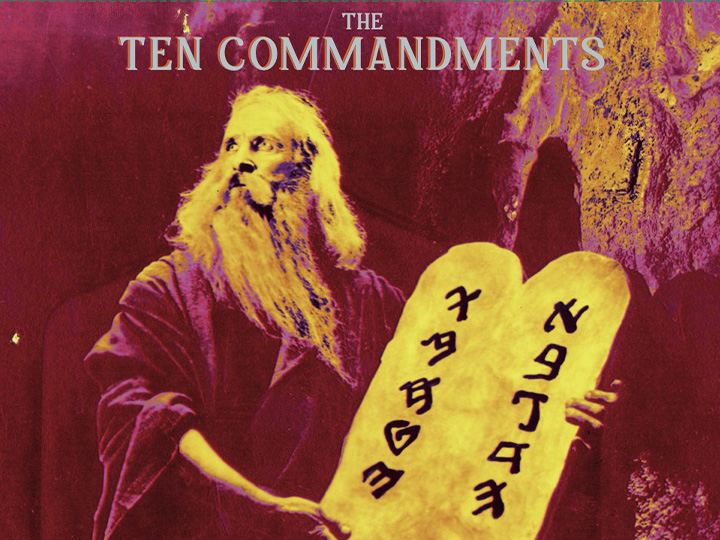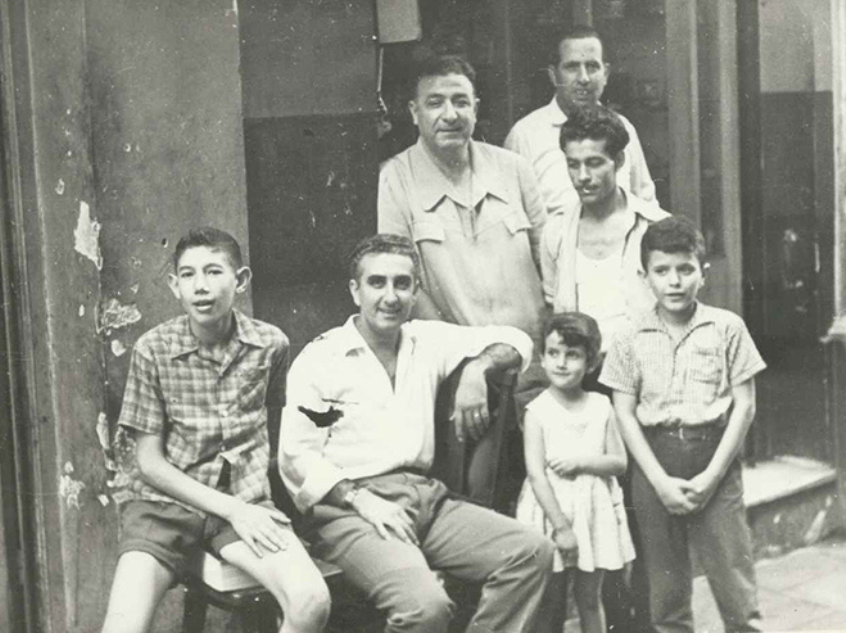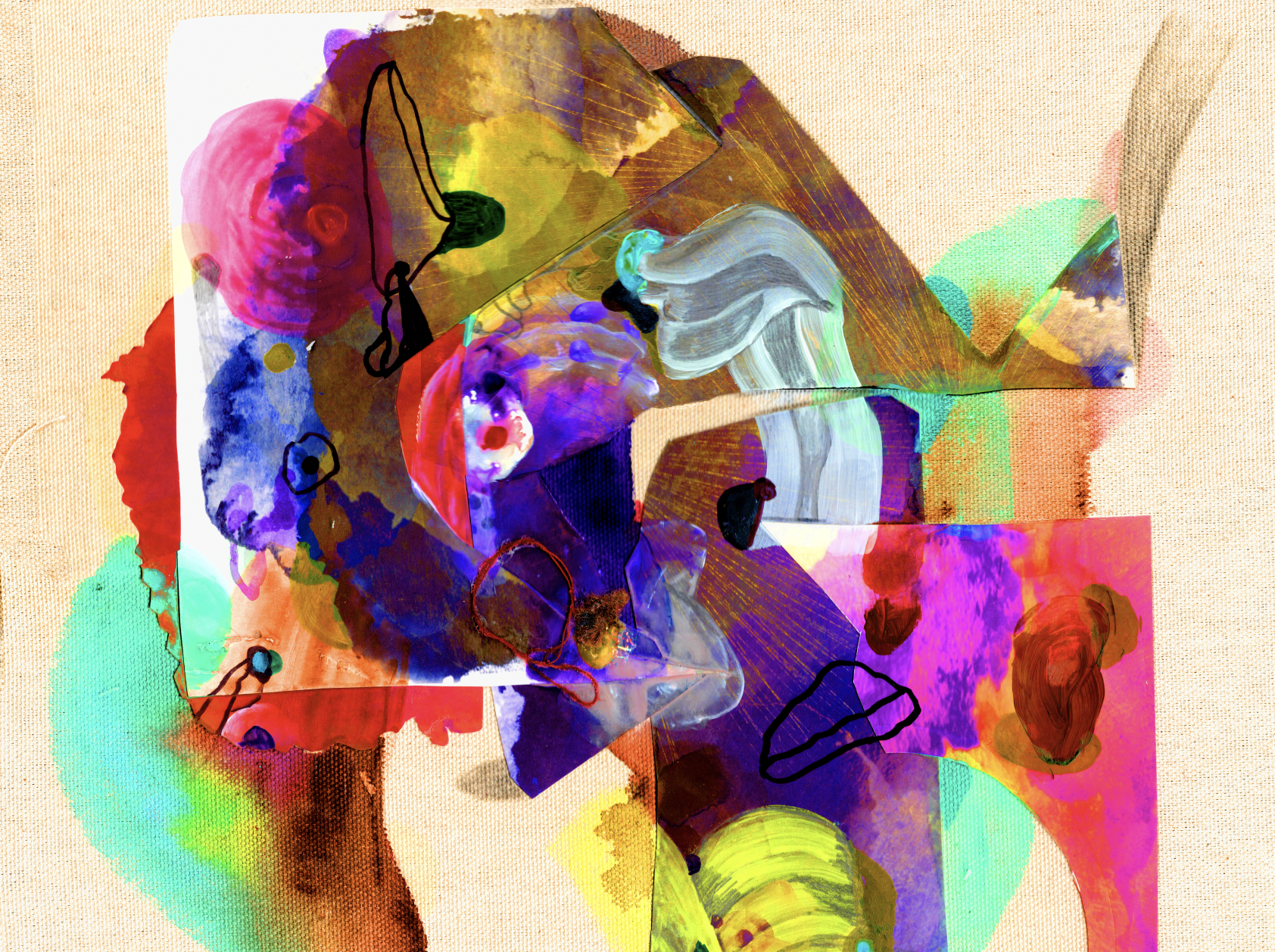A Jewish Ode to Phil Lesh
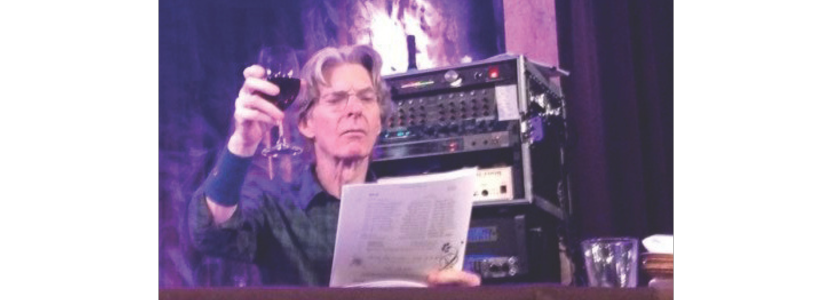
With the recent passing of Phil Lesh, the bassist for the Grateful Dead, I reflected on his life and his connection to the Jewish community. My first interaction with Lesh had Jewish overtones only in that it happened in the Jewish suburb of Glencoe, Illinois in the glorious year of 1977. Like great sports teams, the 1927 Yankees, or the 1972 Lakers, the Grateful Dead sometimes had better years than others, and 1977 is considered by many to be the zenith of the band’s touring career.
I was sitting in Miss Lesh’s 4th grade chorus class at North School in Glencoe when Rick Feingold asked Miss Lesh if, by chance, she was related to Phil Lesh of the Grateful Dead. I, being a know-it-all, poked Rick in the ribs and suggested that was the most ridiculous question ever. I was however quite wrong as Miss Lesh said, “He’s my first cousin.” Then, when asked the follow-up question of whether she ever went to his shows when he came to town, she offered, “I’ll go to his shows when he comes to mine.”
At a time when the world is so divided, it is cathartic to think about Lesh’s approach to community. He wasn’t Jewish, but he hosted several Passover seders at his now-closed music venue Terrapin Crossroads, telling the J. The Jewish News of Northern California in 2014, “We want to honor all traditions of our fans — as what is community without its traditions and world view?” And when the pandemic struck, he participated in a zoom seder, bringing people together when they could not gather.
In honor of Lesh’s passing on Oct. 25, 2024, Rabbi Aaron Alexander of the Adas Israel Congregation in Washington, DC shared how the name “The Grateful Dead,” chosen at random from the Funk and Wagnalls New Practical Standard Dictionary, Britannica World Language Edition, is about the most Jewish name a band could have. For alongside pikuach nefesh, the mitzvot of saving another’s life, meit mitzvah, to bury a body for which there are no other buriers, is a mitzvah of the highest order. Thus, this act of burying a person that no other person would bury turns the deceased, quite literally, into “the grateful dead.”
It is ironic that this would be spoken in honor of Lesh’s passing, because aside from being a member of the Grateful Dead, he was perhaps the most shining example of what it means to be the “grateful living.” Lesh was the lucky recipient of a liver transplant in 1998 when he was suffering from chronic hepatitis, without which he would have died. He so embodied being grateful that he ended every single show for the next 26 years, like this seder from 2016, with the “donor rap” – a short exhortation for everybody to be an organ donor like his donor, Cody.
As the saying goes, “May his memory be a blessing.” And in this case, if you aren’t already an organ donor – consider becoming one. Do it for Phil.
Todd Krieger is a writer living in the Bay Area raising two wonderful daughters. In his free time he listens to a shocking amount of Grateful Dead and enjoys road biking throughout the region.
* Feature photo credit: Owen-Rosenberg/J. The Jewish News of Northern California
